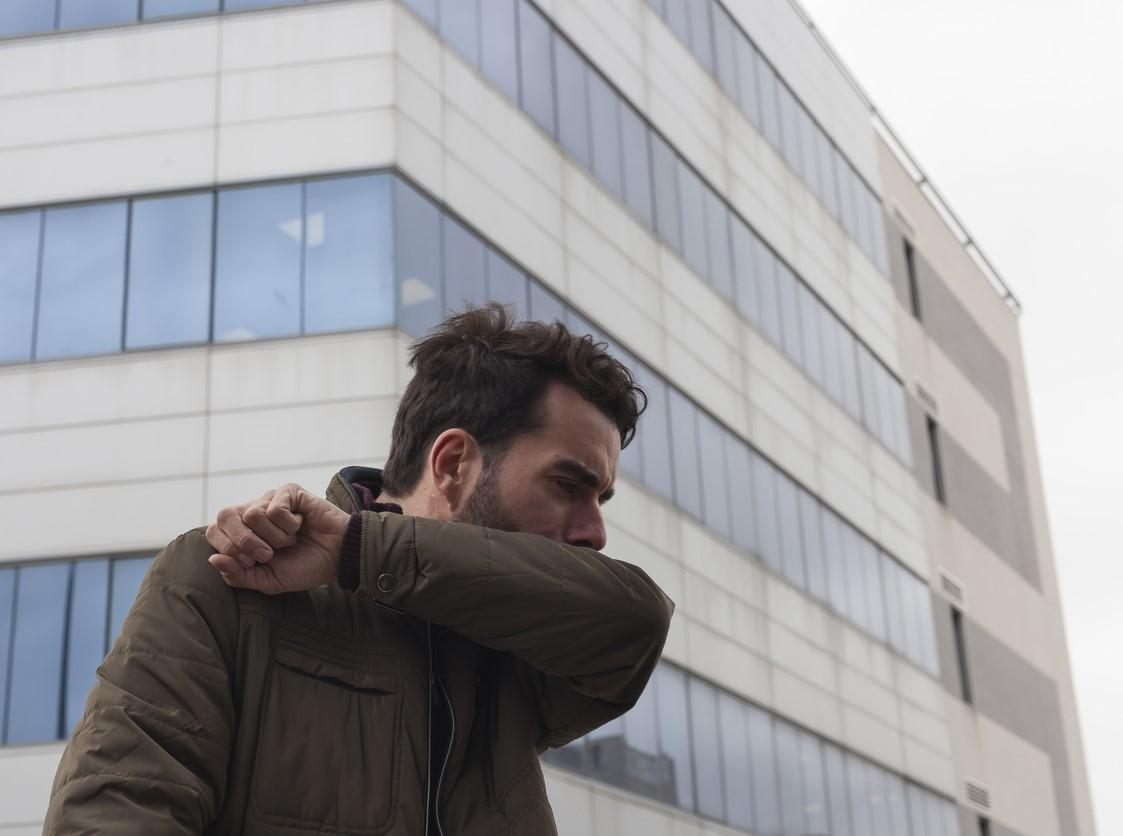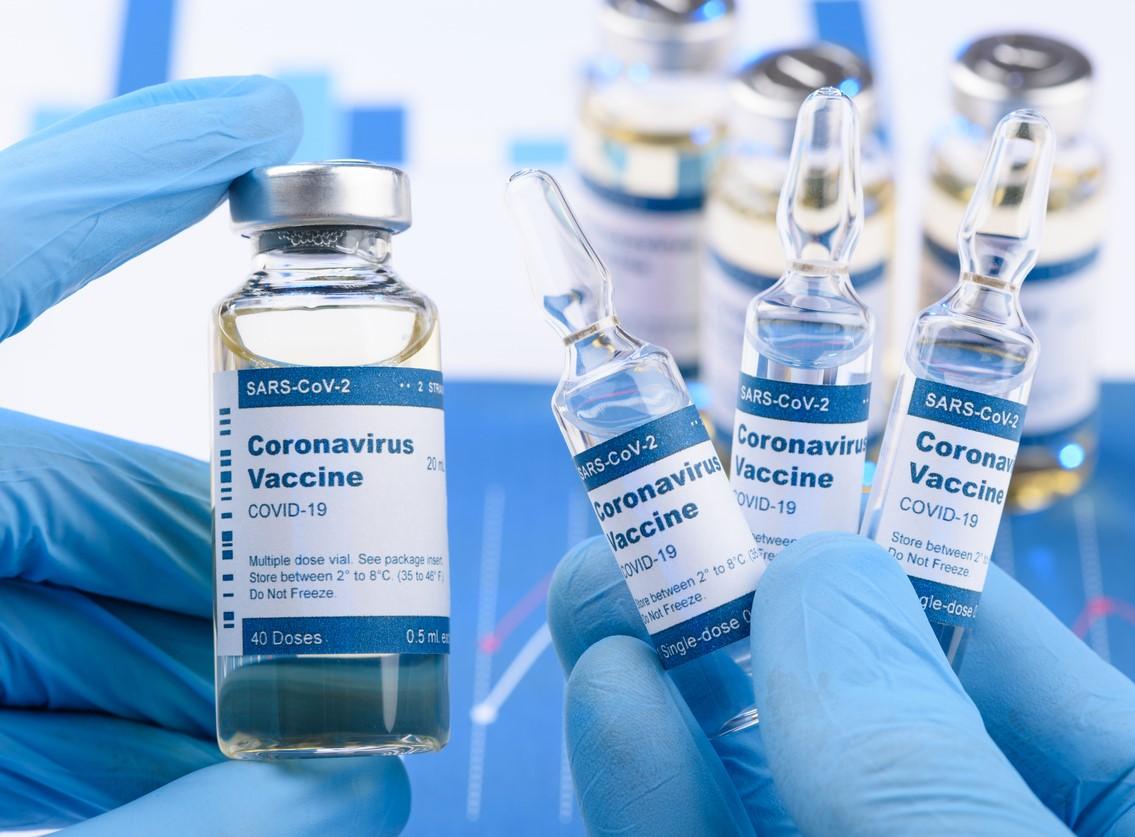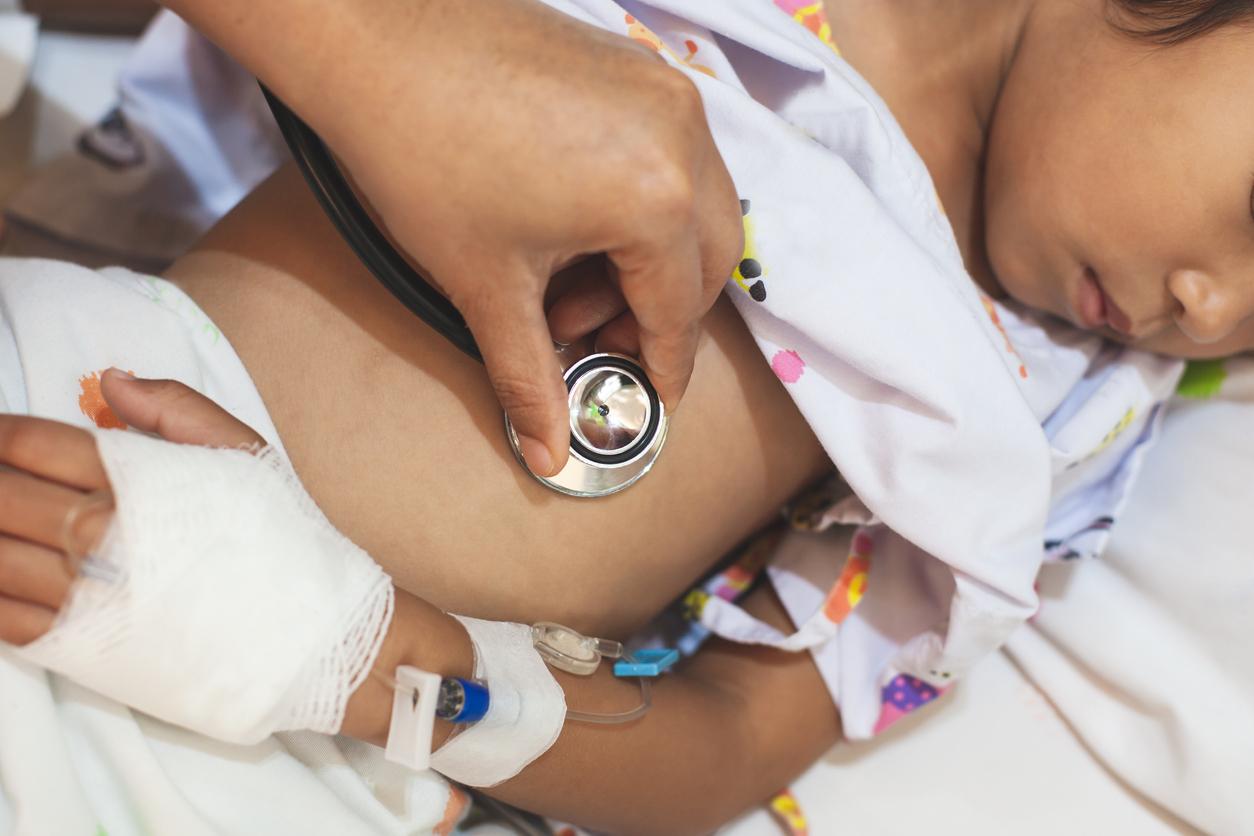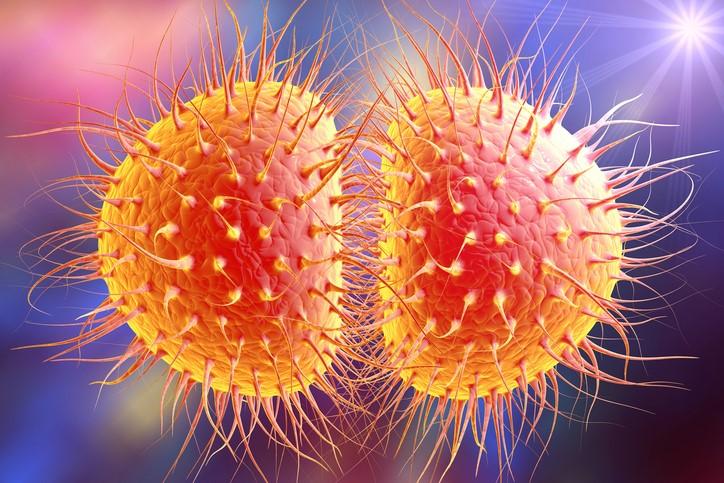
An online survey of physicians in the United States, France, and Germany reveals that they consider pertussis (whooping cough) vaccines less important than those against COVID-19, influenza, and pneumococcal disease, although they recognize that adults with weakened immune systems and chronic respiratory illnesses are at elevated risk.
For the study, published today in BMC Primary Care, a team led by researchers from the University of Pittsburgh and vaccine developer Sanofi surveyed 400 US physicians and 200 each in France and Germany from November 2022 to January 2023. The respondents were listed in an independent database of physicians who indicated an interest in participating in research.
"Pertussis is a highly contagious respiratory tract infection that affects all ages, though it is most severe in young infants," the authors wrote. "Adults, especially those with respiratory conditions or other chronic illnesses can also suffer serious consequences of pertussis."
Attitudes similar pre-, post-pandemic
In total, 65% of respondents indicated that universal vaccination against pertussis is important, a lower percentage than for vaccination against COVID-19 (82%), flu (81%), pneumococcal disease (76%), and tetanus (73%). The results were similar by country and before and after the COVID-19 pandemic.
Physicians recognized the need to immunize vulnerable adults who are at risk of severe pertussis ... but this awareness frequently did not result in vaccination of these priority groups, especially without official recommendations.
Physicians recognized that adults with weakened immune systems, chronic obstructive pulmonary disease (COPD), asthma, and other respiratory diseases were at high risk from pertussis.
Respondents estimated that of the adults for whom they recommend the pertussis vaccine, two-thirds agree to receive it but said a common reason for not following through with vaccination was the perception of low personal risk.
Most surveyed physicians (76%) said that adult pertussis vaccination uptake is suboptimal and agreed on the importance of protecting vulnerable people against pertussis by vaccinating the person (77%) or their close contacts (78%).
"Physicians recognized the need to immunize vulnerable adults who are at risk of severe pertussis, such as those with asthma and/or COPD, but this awareness frequently did not result in vaccination of these priority groups, especially without official recommendations to support such vaccination in these groups," the researchers wrote.





.jpg)











